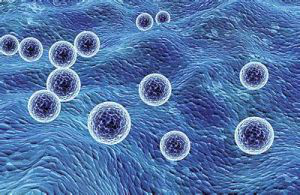Researchers at Harvard University have identified key genes that allow certain cancer cells to become dormant, as well as the microenvironment in which they live, a development that could help prevent cancer metastasis and recurrence in the future.
Dormant cancer cells are a risk factor for cancer metastasis and recurrence because they are difficult for the body's immune system to recognize and attack, and for chemotherapy drugs to work against them. The medical community has been trying to figure out how cancer cells go into hibernation, which could help develop targeted drugs that identify and kill cancer cells.
Using a two-photon microscope, researchers at duke university medical research center and their team identified dormant myeloma cells in laboratory animals, they report in the new issue of cell.
The researchers analyzed the genome of dormant hemangioma cells to find the genes that were activated, and found that certain genes were not normally activated in dormant cancer cells. Further research showed that these specific genes caused dormant cancer cells to release genetic markers similar to those of human immune cells, to ward off attacks from the immune system and drugs, and to be released only when cancer cells approached osteoblasts. The researchers concluded tentatively that the microenvironment in which cancer cells live has a key effect on whether they go into hibernation or not.
The approach is different in that it looks at cancer cells and the tissues they are in as a whole. It's not just the cancer cells themselves, but also their microenvironment that determines whether they're dormant or not.
The researchers said the next step would be to use the results to try to identify the genetic markers that cancer cells release when they go into hibernation, in the hope of identifying common features that could lead to the development of targeted therapies that specifically target dormant cancer cells.








